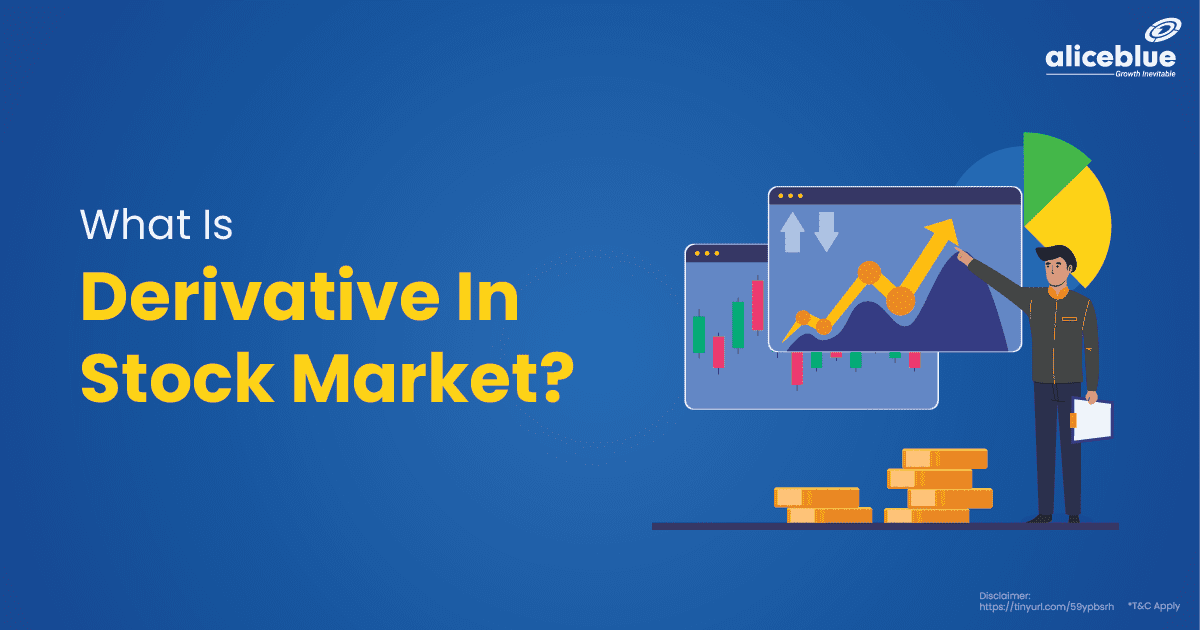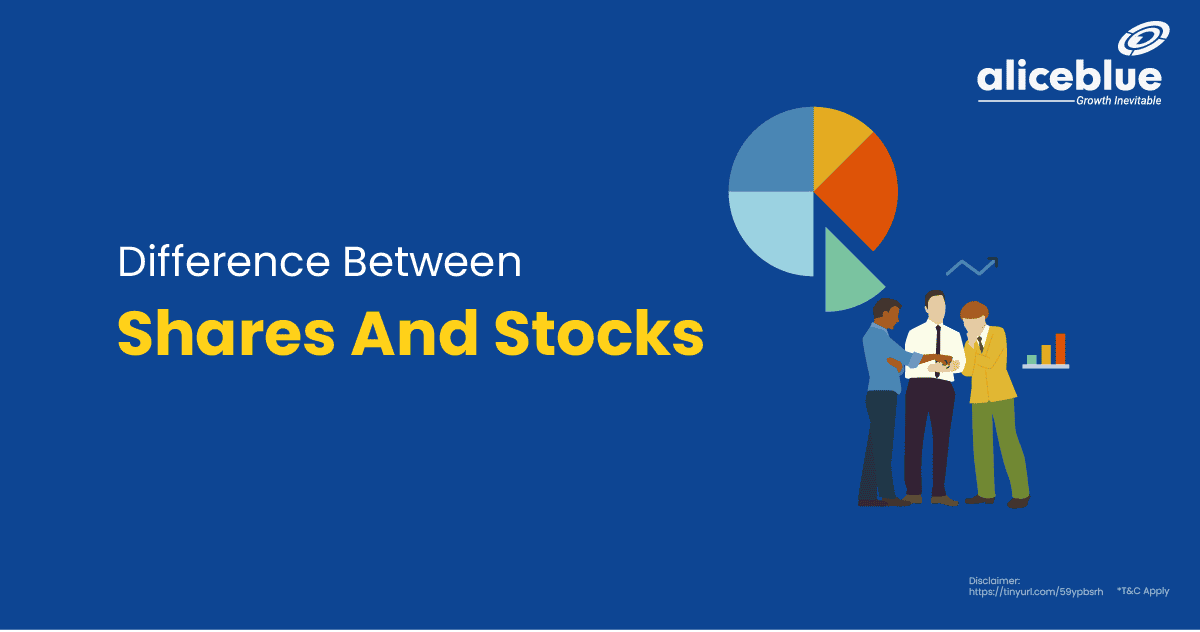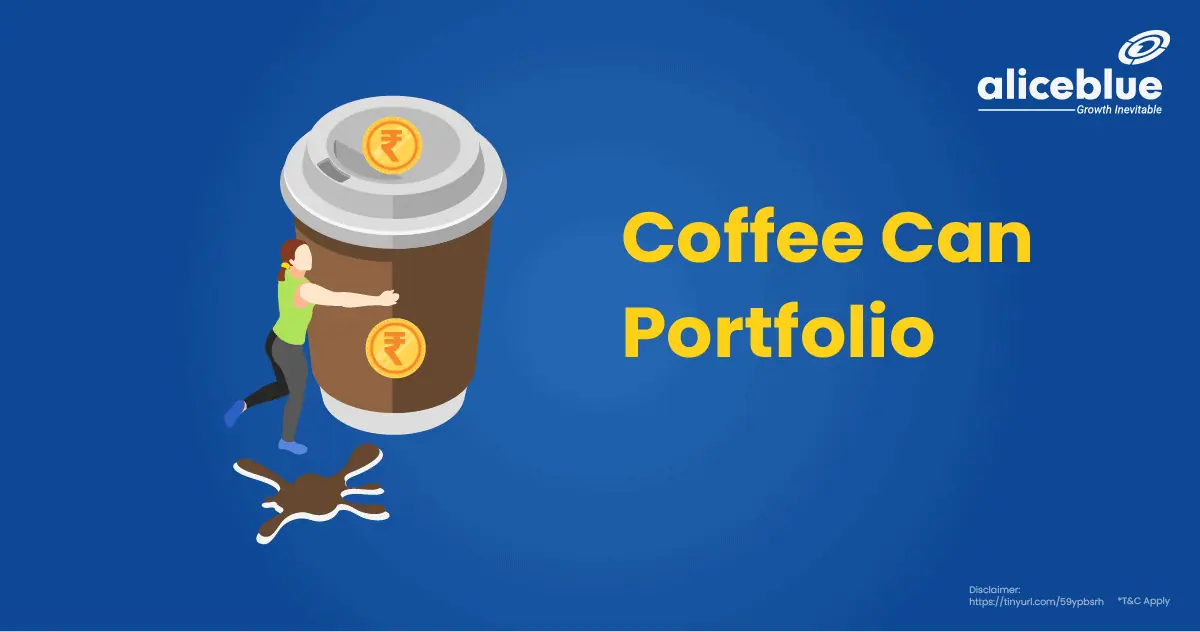A derivative in trading is a financial instrument whose value is derived from an underlying asset, like stocks, commodities, or currencies. These include futures, options, and swaps, allowing traders to speculate on price movements or hedge against risk without owning the actual asset.
Content Id:
- Derivatives In Stock Market
- Derivative Trading Example
- How Derivatives Work In Stock Market?
- Types of Derivatives
- Advantages of Derivatives
- Disadvantages of Derivatives
- What Is Derivatives In Stock Market In India? – Quick Summary
- What Is Derivatives In Stock Market? – FAQs
Derivatives In Stock Market
In the stock market, derivatives are contracts like futures and options whose value is based on underlying stocks or indices. They enable investors to speculate on future price movements, hedge against risk, or obtain leverage, without directly buying or selling the actual stocks.
Derivatives in the stock market are complex financial instruments, primarily used for hedging risks or speculation. These include options, which give the right, but not the obligation, to buy or sell a stock at a predetermined price before a specific date.
Futures contracts, another type of derivative, obligate the buyer to purchase, and the seller to sell, the underlying stock at a predetermined price at a future date. Both tools are used to bet on future price movements or to hedge investment portfolios against potential losses.
For example: If you buy a futures contract for Company X’s stock at ₹500, you agree to buy the stock at ₹500 on a future date, regardless of its market price then.

Derivative Trading Example
Suppose you buy a call option for ABC Ltd company. at a strike price of ₹100, expiring in one month. If ABC’s stock rises above ₹100 before expiration, you can buy the stock at ₹100, profiting from the price difference.
How Derivatives Work In Stock Market?
In the stock market, derivatives work as contracts derived from underlying assets like stocks. Traders use them to hedge risks, speculate on future price movements, or gain leverage. Options and futures are common, allowing trading on price predictions without owning the actual stocks.
Types of Derivatives
The main types of derivatives are futures, options, forwards, and swaps. Futures involve standardized contracts for future transactions. Options grant rights to buy or sell at specific prices. Forwards are similar but customizable. Swaps entail exchanging financial instruments or cash flows between parties.
- Futures: Futures are contracts to buy or sell an asset at a predetermined price on a specific date. They are standardized and traded on exchanges, commonly used for hedging or speculating on the price movement of assets.
- Options: Options are contracts that give the holder the right, but not the obligation, to buy (call option) or sell (put option) an asset at a specified price before a certain date. They are used for hedging or speculative purposes.
- Forwards: Similar to futures, forwards are agreements to buy or sell an asset at a future date for a price agreed upon today. However, they are not standardized and are traded over the counter, typically used by large institutions for hedging.
- Swaps: Swaps are contracts in which two parties agree to exchange cash flows or other financial instruments. Common types include interest rate swaps and currency swaps. They are used for hedging risk or gaining exposure to different financial instruments.
Advantages of Derivatives
The main advantages of derivatives include risk management through hedging against price fluctuations, price discovery by signaling future market expectations, access to otherwise inaccessible assets or markets, and increased market efficiency. They also offer leverage, allowing significant exposure with a smaller capital outlay.
- Risk Management: Derivatives allow investors to hedge against price volatility in underlying assets, providing a way to protect investments from adverse market movements by offsetting potential losses in one position with gains in a derivative position.
- Price Discovery: Derivatives contribute to determining the future price of assets, reflecting market expectations and sentiments. This information helps in assessing the value of the underlying asset, aiding investors and businesses in making informed decisions.
- Access to Inaccessible Markets: Certain derivatives offer exposure to assets or markets that may be otherwise difficult to access directly, such as foreign commodities or currencies, enabling a broader investment strategy.
- Market Efficiency: Derivatives can enhance market efficiency by allowing for the transfer of risks and creating more liquid markets. This leads to more accurate pricing of assets and a more efficient allocation of capital in the economy.
- Leverage: Derivatives provide leverage, meaning investors can gain a large exposure to a financial asset with a relatively small initial investment. This can amplify profits, though it also increases the potential for significant losses.
Disadvantages of Derivatives
The main disadvantages of derivatives include high leverage risk, which can lead to significant losses, market complexity and the need for expertise, potential for market manipulation, counterparty risk, and the amplification of systemic risk in the financial system.
- Leverage Risk: Derivatives often involve leverage, which can magnify profits but also amplify losses. Small market movements can lead to substantial losses, making them risky for inexperienced investors.
- Complexity and Expertise Requirement: Understanding and managing derivatives requires specialized knowledge. Their complexity can be daunting, leading to misinformed decisions and potential financial loss for those not well-versed in these instruments.
- Market Manipulation Potential: Derivatives can be used to manipulate market prices of the underlying asset, affecting market integrity. This is particularly true in less regulated or opaque markets.
- Counterparty Risk: In derivatives trading, there’s a risk that the other party in the contract might default. This is especially true for over-the-counter derivatives where there’s no centralized exchange to guarantee the trade.
- Systemic Risk Amplification: Derivatives can increase systemic risk in the financial system. Large volumes of interconnected derivative contracts can lead to a cascading effect if one party defaults, potentially destabilizing financial markets.

What Is Derivatives In Stock Market In India? – Quick Summary
- In the stock market, derivatives such as futures and options are contracts based on underlying stocks or indices. They allow investors to speculate on price movements, hedge risks, or gain leverage without trading the actual stocks.
- In the stock market, derivatives are contracts tied to assets like stocks. They’re used for hedging risks, speculating on prices, or leveraging investments. Common types include options and futures, enabling trading based on price forecasts without owning the stocks.
- The main types of derivatives, including futures, options, forwards, and swaps, serve varied financial purposes. Futures are standardized for future transactions, options provide specific buying or selling rights, forwards offer customization, and swaps involve exchanging financial instruments or cash flows.
- The main benefits of derivatives lie in risk management by hedging against price fluctuations, aiding in price discovery, providing access to hard-to-reach assets or markets, enhancing market efficiency, and offering leverage for greater exposure with less capital.
- The main disadvantages of derivatives are their high leverage risk leading to large losses, market complexity requiring expertise, risk of market manipulation, counterparty risk, and their potential to amplify systemic risk in the financial system.
- Open free demat account with Alice Blue in 15 minutes today! Invest in Stocks, Mutual Funds, Bonds & IPOs for Free. Also, trade at just ₹ 15/order and save 33.33% brokerage on every order.
What Are Derivatives In The Stock Market? – FAQs
What Is Derivative In Trading?
A derivative in trading is a financial contract whose value depends on an underlying asset, such as stocks, bonds, or commodities. They are used for hedging, speculation, or obtaining leverage in various markets.
What Is An Example Of A Derivative?
An example of a derivative is a stock option, a contract that gives the holder the right, but not the obligation, to buy or sell a stock at a specific price by a certain date.
What Is The Difference Between Shares And Derivatives?
The main difference is that shares represent ownership in a company, while derivatives are financial contracts whose value is derived from an underlying asset, like shares, without conveying ownership of that asset.
How To Calculate A Derivative?
To calculate a derivative in mathematics, you apply differentiation rules to a function. This involves finding the limit of the function’s rate of change as the interval between points approaches zero.
What Are The Types Of Derivatives?
The types of derivatives include futures, options, forwards, and swaps. Futures are contracts for buying/selling at a future date, options give buying/selling rights, forwards are customizable agreements, and swaps involve exchanging financial instruments or cash flows.
How To Invest In Derivatives?
To invest in derivatives, open a brokerage account with derivative trading capabilities, educate yourself about different derivative products, develop a strategy, and start trading, ensuring to manage risks and comply with regulatory requirements.







